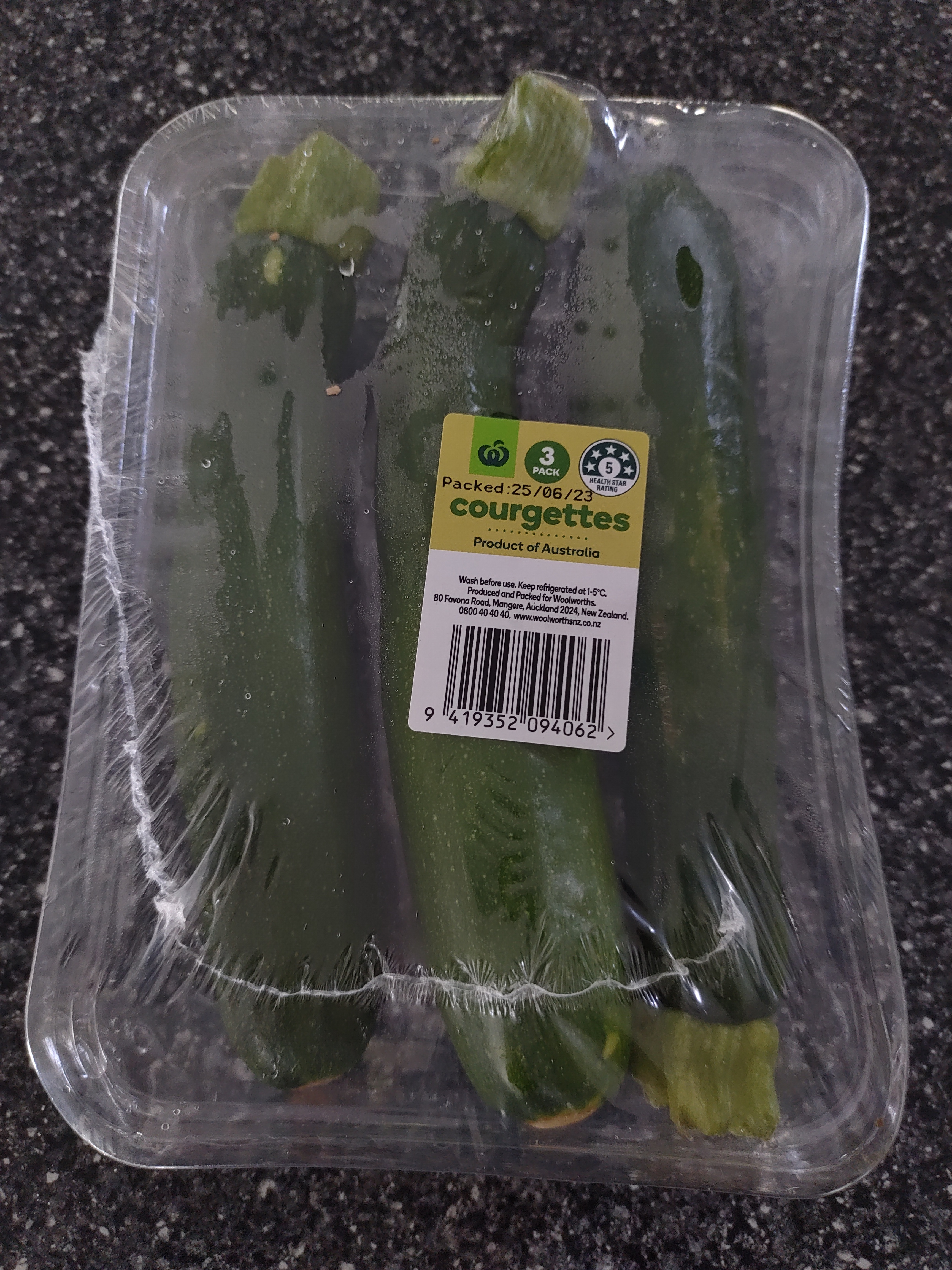this post was submitted on 01 Jul 2023
39 points (93.3% liked)
Aotearoa / New Zealand
1649 readers
17 users here now
Kia ora and welcome to !newzealand, a place to share and discuss anything about Aotearoa in general
- For politics , please use [email protected]
- Shitposts, circlejerks, memes, and non-NZ topics belong in [email protected]
- If you need help using Lemmy.nz, go to [email protected]
- NZ regional and special interest communities
Rules:
FAQ ~ NZ Community List ~ Join Matrix chatroom
Banner image by Bernard Spragg
Got an idea for next month's banner?
founded 1 year ago
MODERATORS
you are viewing a single comment's thread
view the rest of the comments
view the rest of the comments

It's definitely fascinating! Then you get companies with too much data, like Facebook and Google, providing free tools to websites because they can get valuable data. E.g. Google Analytics is free and tells you about who's visiting your site and gives you insights, it's very helpful. It also tells Google who is visiting your site, so by providing it for free it was widely adopted and is used on a significant portion of sites across the internet. Which means Google knows almost every site you go to, even if you never use Google. Facebook does the same by encouraging people to add a "Like" button to their site or "Log in with facebook".
I can't remember where I saw it, and I can't find it now, but there was some video or article talking about this (maybe Jon Stewart or something like that?) where they pointed out one of the ad companies (like Google or Facebook or another big one) had a targeting category where you could choose for your ad to be shown to "users who have had their teenager killed in a car crash in the last year" or something like that. I wish I knew where I saw it.
Sheesh that last bit really makes you realise how much power they have now.
I really enjoyed reading Mindf*ck by Christopher Wylie around the Cambridge Analytica scandal, and the part where he talks about how they used to call up random strangers with their whole life in a dossier for fun, and ask them questions knowing what the answers would be was quite eye opening.
He said Facebook basically knows you the best, even moreso than your friends, family and partners because with each of them you have your secrets, but Facebook looks through all that.
I haven't read that book! I'll put it on my list.
Facebook apps even run their own internal browser so they can watch what you do on sites that you went to from a Facebook link.
Plus they have Facebook profiles of people that don't have accounts, so even if you don't have facebook they are still collecting all the data they can about you.
Yeah, definitely recommend! There's some really eye opening stuff in there.
From everything I read and hear about FB, the more scarier it gets, and the fact that most people don't know about it, or just don't care is even scarier.
Yeah, there's definitely some things happening in the past 20 years where people in the future will look back and think it's crazy we accepted it as normal.
Yeah, it's just like people and Diet Coke.
I've always been on the side of, surely there's got to be something damning that comes out about them, and it seems that they believe some of the ingredients could be potential carcinogens?
I mean, we know for a fact that alcohol and bacon (and other processed meat) cause cancer, but that doesn't stop us drinking/eating them.
Then you have things such as red meat listed as "probable carcinogens".
The aspertame in Diet Coke is apparently going to be listed in the next group down, "possible carcinogen". This is a pretty big group and is really just saying there are hints that it may be true.
Being listed as "possible" might deter some people but it's unlikely to be many judging by how popular bacon is. But I think in 100 years the diets of people will be unrecognisable compared to what people eat today.
For reference, there's a list here: https://monographs.iarc.who.int/list-of-classifications
The groups are explained here: https://monographs.iarc.who.int/agents-classified-by-the-iarc/
Ooh, shows I didn't do my research and just looked at the headline this morning haha. I'll need to do some more reading into it later after work.